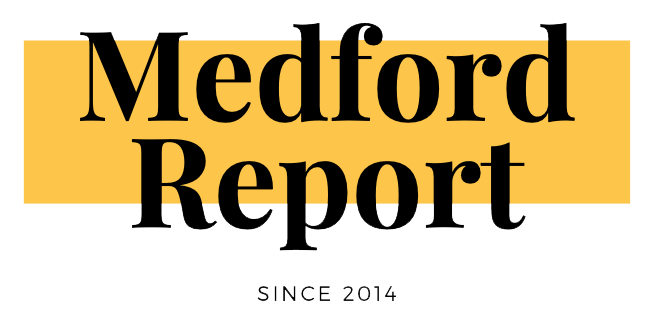Medford, OR – Oregon State Representative Pam Marsh has introduced a new piece of legislation, House Bill 3146, designed to support the state’s homeless population in their recovery from substance use disorder (SUD). The bill seeks to create a pilot program through the Oregon Health Authority (OHA) to provide low-barrier emergency housing to individuals on waiting lists for SUD treatment.
Under the proposed bill, $10 million from the state’s general fund would be allocated to OHA to fund between four and eight emergency housing programs across Oregon. These programs would specifically target individuals who are homeless or “dangerously housed” and are waiting for a place in SUD treatment facilities.
Marsh’s proposal is rooted in feedback from local organizations that have already been using similar models with success. According to Marsh, local programs such as OnTrack and Oasis have seen between 60 to 70 percent of individuals who enter emergency housing stay in the program and commit to substance use treatment.
“Unhoused people or people who are dangerously housed basically disappear from sight as they’re waiting for treatment,” Marsh explained. “And then when beds are available, it’s very difficult to find them. This program is cost-effective and extends the residential treatment system in a way that helps more people get in. It’s also a good strategy for reducing the number of individuals who are on our streets and in our greenway.”
The effectiveness of emergency housing in improving treatment outcomes is a central argument behind the bill. Marsh believes that providing temporary shelter to individuals while they wait for treatment not only improves their chances of getting into recovery but also addresses the broader issue of homelessness. The proposal has garnered attention for its potential to create lasting change for some of Oregon’s most vulnerable residents.
However, the bill faces challenges as it moves through the legislative process. It is currently under review by the Ways and Means Committee, where members will evaluate its financial feasibility. Marsh acknowledged the tough budget year and the uncertainty created by potential federal funding cuts. Decisions on the bill are unlikely to be made until final budget projections are available in May.
Despite these hurdles, the bill’s introduction represents a growing recognition of the need for a more comprehensive approach to homelessness and substance use recovery. Marsh’s proposal aims to address both issues simultaneously, creating a model that could be replicated in other states grappling with similar challenges.
For now, the success of House Bill 3146 hinges on the state’s ability to secure funding in a difficult financial climate. If passed, the pilot program could provide a lifeline for many Oregonians who face the dual struggles of homelessness and substance use, offering them a pathway toward recovery and stability.

